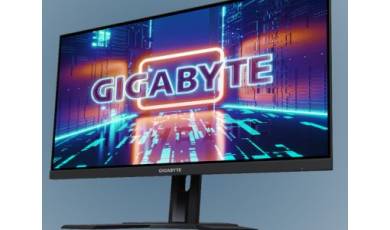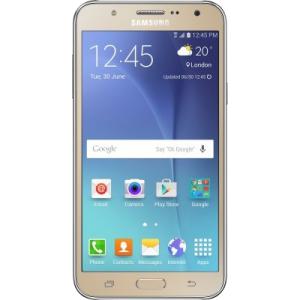Flash firmware on Samsung Galaxy J7 SM-J700F
Mobiles >> Samsung >> Samsung Galaxy J7 SM-J700F| Specifications | Reviews | Secret codes |
| Unlock phone | Root phone | Bypass FRP |
| Backup | Flash Firmware | Screenshot |
How to flash Samsung Galaxy J7 SM-J700F?
Why reinstall the firmware?
Errors in the operation of the Android OS begin to appear.
Some applications stop opening.
Some applications from the Play Market do not start.
The phone shuts down and restarts for no apparent reason.
The phone slows down a lot during operation.
You want to update your firmware.
Where can I find the firmware?
On the official Internet resource of the phone manufacturer.
On certain sites where developers post custom or official OS.
What should be done before installing the firmware?
Back up your contacts and user data and transfer it to another medium.
Insert your SD card into your phone. It must have enough memory to fit the firmware.
Remember your smartphone model.
Charge your phone fully.
Find and download the archive with Firmware. And place it on the SD card.
Installing TWRP Recovery
Download the Official TWRP App to your phone from the Play Market. And install this app.
At the first start, you need to give consent to future manipulations, as well as consent to granting the Superuser rights to the application. Check the checkboxes and press the 'OK' button.
After moving to the next screen, select the 'TWRP FLASH' item and provide the application with root rights.
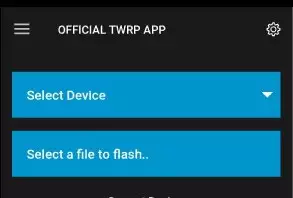
On the main screen of the application, select 'Select Device', and find your phone model.
After selecting the phone, the application will redirect the user to a web page to download the modified recovery environment image file. Download the proposed *.img file.
After downloading the image file, return to the main screen of the Official TWRP App and press the 'Select a file to flash' button. Then we tell the program the path where the file loaded in the previous step is located.
After adding the image file to the program, click the 'FLASH TO RECOVERY' button and confirm your choice, click 'OK'.
The recording process is very fast, and upon completion, the message 'Flash Completed Succsessfuly!' appears. Click 'OK'. The TWRP installation procedure can be considered complete.
Transfer the necessary files to the SD card. Using a PC or laptop card reader.
Insert a memory card into the phone.
To reboot into recovery, you need to use a special item in the Official TWRP App menu, accessible by pressing the button with three stripes in the upper left corner of the main screen of the application. We open the menu, select the 'Reboot' item, and then click on the 'REBOOT RECOVERY' button. The phone will reboot into the recovery environment automatically.
Firmware via TWRP
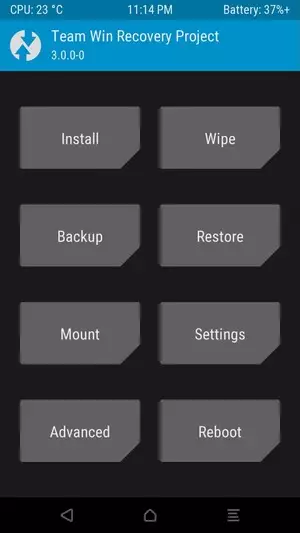
Before flashing, you need to clear the 'Cache' and 'Data' sections, press 'WIPE' on the main screen. This will delete all user data from the device, but avoid a wide range of software errors and other problems.
Now you can start flashing. Press the 'Install' button.
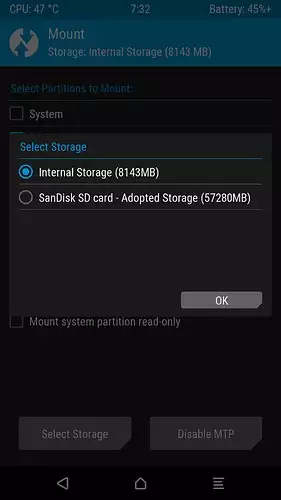
The file selection screen appears. At the very top is the 'Storage' button, select the location where the firmware file is located.
Select the location where you copied the files. Press the OK button.
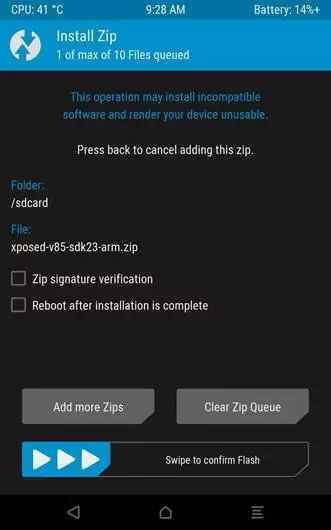
Find the file we need and click on it. A screen opens with a warning about possible negative consequences, as well as the item 'Zip signature verification'. This item should be checked by placing a cross in the check-box, which will avoid using damaged files when writing to the phone's memory sections.
The procedure for writing files to the device's memory will begin, accompanied by the appearance of inscriptions in the log field and the completion of the progress bar.
The completion of the firmware installation procedure is indicated by the inscription 'Successful'.
Summary: GSM frequencies: 900 1800 1900; Standard UMTS: 850 900 1900 2100; Standard LTE: FDD LTE: 1800, 2100, 2600TDD LTE: 1900, 2300, 2500, 2600; Standard TD-SCDMA: 1900 2000; Type: Touch; Dimensions (W x H x D): 152.70 x 79.10 x 7.90 mm; Weight: 168.00 g; Main display: Color / Super AMOLED16M colors720 x 1280 px (5.50") 267 ppi; Display protection: no; Standard battery: Li-Ion 3000 mAh; Quick battery charging: no; Internal memory: 16 GB; RAM memory: 1.5 GB; Memory cards: yes, microSD, microSDHC, microSDXC (up to 128 GB); Operating system: Android 5.0.2 Lollipop; Processor: Marvell PXA1936; Processor clock: 1.40 GHz; Number of cores: 8; GPU: Vivante GC7000L; To ...
Comments, questions and answers on the flash firmware Samsung Galaxy J7 SM-J700F
Ask a question about Samsung Galaxy J7 SM-J700F



